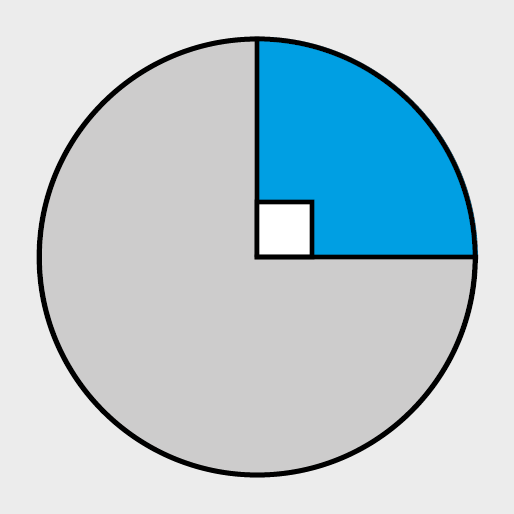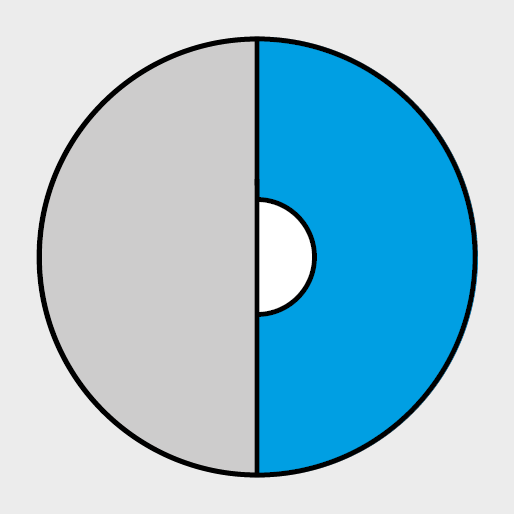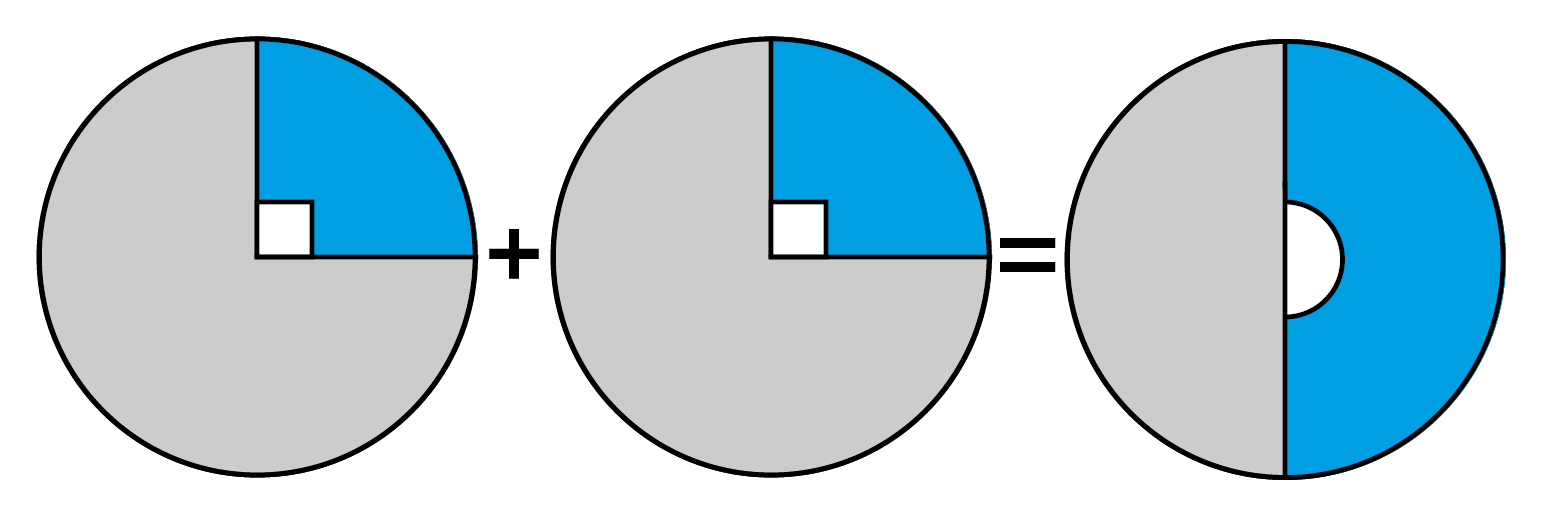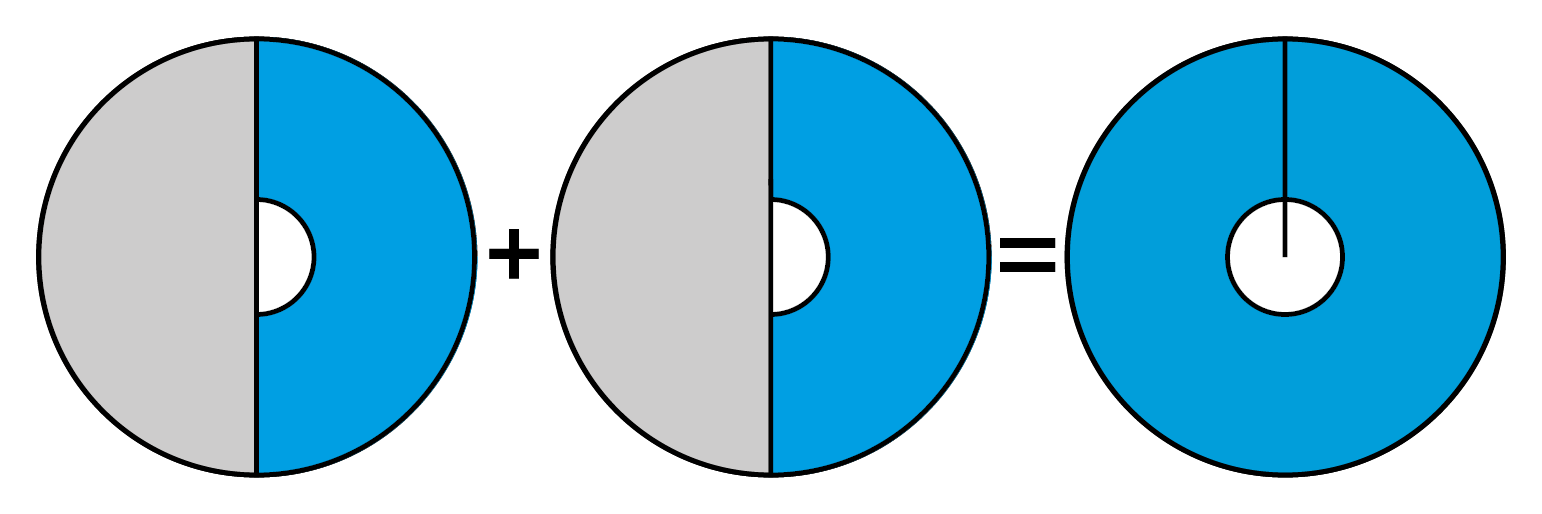FE Maths CPD Programme
What is the FE Maths CPD Programme?
The FE Maths CPD programme is an extensive professional development programme funded by the Department for Education. It’s designed for teachers of students aged 16 – 19 years who are working towards achieving grade 4 or higher by resitting GCSE Mathematics or studying Functional Skills Maths.
The offer includes:
- Extended courses – in-depth support to improve your subject knowledge and teaching practice over a sustained period
- FE Maths CPD Menu – build your own CPD event to suit your establishment’s priorities and your teachers’ development needs
- On-demand subject knowledge materials – a suite of post-16 GCSE/FSQ specific subject knowledge enhancement materials
All elements on offer are free to teachers within FE settings in England who enrol students under the government’s Condition of Funding Policy.
The programme is delivered by a dedicated team of maths specialists who have experience in teaching and managing mathematics in Further Education settings.
The offer is expected to run until March 2025.
Explore our offer, and let our high-quality, fully-funded, professional development support your teaching.
Extended courses
Our fully funded extended courses offer in-depth support to improve your subject knowledge and teaching practice over a sustained period.
We offer the extended courses in multiple formats so that, whatever your needs, there’s an easy-to-access option that suits you:
- Live online – regular sessions in an online classroom with a course leader
- Bespoke – sessions delivered ‘in-house’ over an individualised time frame.
- On-demand – complete the course in your own time and at your own pace
- Individual Professional Development (IPD) – complete the course in your own time and at your own pace
Teaching GCSE Mathematics resit
Improve your GCSE Mathematics foundation tier subject knowledge and learn more about the principles of effective pedagogy in GCSE Mathematics resit teaching.
Leaders of Maths in Further Education
Ideal for any new or aspiring Maths Lead who wishes to reflect upon this demanding role and learn strategies to improve their performance.
FE Maths CPD Menu
The FE Maths CPD menu has been designed to meet the needs of all Post-16 GCSE/FSQ providers.
How does it work?
You can choose elements from the menu to build your own CPD event to suit your establishment’s priorities and your teachers’ development needs. An experienced member of MEI’s FE team will then design and deliver your tailored professional development, at a time and place to suit you.
Your event could be a single element, delivered over 90 minutes or a half-day, or you can mix together a combination of elements to build a more comprehensive professional development experience.
All elements from the menu can be delivered face-to-face or online.
Which topics can I choose?
Elements of the CPD menu are available in various lengths. You can choose a single element, or mix together a combination to suit you.

90 minutes
Browse elementsAn introduction to mathematical connections
Making connections with maths is important for learners to be successful. You will explore how to support learners to make important connections across topics.
An introduction to ratio tables
Ratio tables can be used as an effective model when working with proportion, and investing time in supporting learners with ratio tables can help them across many topic areas.
An introduction to manipulatives
Manipulatives can be an excellent way of developing learners’ maths skills, particularly those that often struggle with abstract concepts.
An introduction to multiple representations
Explore multiple representations and discover some of the resources that help learners with their understanding.
An introduction to Desmos
Develop your skills using the Demos graphing calculator, explore existing classroom activities and discover how you can create your own activities.
An introduction to bar modelling
Discover the excellent benefits of working with bar models to teach proportion and algebra.
Navigating maths language
Explore strategies to support learners with comprehension and navigating mathematical language within Functional Skills and GCSE Mathematics resit courses and exams.
Revision strategies
Discover effective revision techniques and explore some innovative and unusal ways of engaging learners when preparing them for exams.
FE maths landscape
Attendees, such as Governors, Trustees and Senior Leads, will appreciate the complexity and nuance of the FE maths landscape whilst exploring the maths that is offered post-16.
Impactful feedback
Explore the different forms of feedback which can empower both practitioners and learners.
Collaborative planning
Develop strategies for effective, efficient and impactful collaborative planning practices.
Cognitive load theory
Investigate the area of cognitive load theory in the context of FE maths.

180 minutes (half day)
Browse elementsResponsive teaching
Discover effective assessment for learning techniques to diagnose misconceptions and gaps in learners’ knowledge, then adapt your teaching accordingly.
Questioning
Explore effective questioning strategies which motivate learners, assess learning, and develop mathematical thinking and reasoning skills.
Models and representations
From bar models and ratio tables, to function machines and algebra; this session will explore pedagogical practices that scaffold and stretch the learning of GCSE Mathematics resit and Functional Skills maths students.
Problem solving and reasoning
Problem solving and reasoning are 50% of the GCSE assessment objectives. Explore the importance of these important skills, which also help with learners’ mathematical fluency.
Enhancing through technology
How well do you use technology in the classroom? Discover the use of technology as a presentation tool to increase engagement and for use in assessment.
Planning and sequencing
Examine the concept of prioritising curriculum outcomes to meet the needs of learners.
Engagement and motivation
Ensure maximum student engagement inside and outside of the maths classroom by employing a range of strategies tailored for the post-16 learner.
Contextualisation
Explore successful practice in the promotion and use of context within maths lessons.
New to teaching: GCSE Mathematics resit
This session is designed for those new to teaching GCSE Mathematics resit within a post-16 setting. It aims to introduce the key specification aims whilst enabling attendess to learn more about the principles of key effective pedagogy in GCSE Mathematics resit teaching.
New to teaching: Functional Skills Maths
This session is designed for those new to teaching Functional Skills maths within a post-16 setting. You’ll explore the key content information, from Entry to Level 2, whilst exploring tried-and-tested strategies for the teaching of these courses.
…or any two 90-minute elements:


360 minutes (full day)
Browse elementsBuild your own CPD day with any combination of 90-minute and 180-minute elements:




An introduction to mathematical connections
Making connections with maths is important for learners to be successful. You will explore how to support learners to make important connections across topics.
An introduction to ratio tables
Ratio tables can be used as an effective model when working with proportion, and investing time in supporting learners with ratio tables can help them across many topic areas.
An introduction to manipulatives
Manipulatives can be an excellent way of developing learners’ maths skills, particularly those that often struggle with abstract concepts.
An introduction to multiple representations
Explore multiple representations and discover some of the resources that help learners with their understanding.
An introduction to Desmos
Develop your skills using the Demos graphing calculator, explore existing classroom activities and discover how you can create your own activities.
An introduction to bar modelling
Discover the excellent benefits of working with bar models to teach proportion and algebra.
Navigating maths language
Explore strategies to support learners with comprehension and navigating mathematical language within Functional Skills and GCSE Mathematics resit courses and exams.
Revision strategies
Discover effective revision techniques and explore some innovative and unusal ways of engaging learners when preparing them for exams.
FE maths landscape
Attendees, such as Governors, Trustees and Senior Leads, will appreciate the complexity and nuance of the FE maths landscape whilst exploring the maths that is offered post-16.
Impactful feedback
Explore the different forms of feedback which can empower both practitioners and learners.
Collaborative planning
Develop strategies for effective, efficient and impactful collaborative planning practices.
Cognitive load theory
Investigate the area of cognitive load theory in the context of FE maths.
Responsive teaching
Discover effective assessment for learning techniques to diagnose misconceptions and gaps in learners’ knowledge, then adapt your teaching accordingly.
Questioning
Explore effective questioning strategies which motivate learners, assess learning, and develop mathematical thinking and reasoning skills.
Models and representations
From bar models and ratio tables, to function machines and algebra; this session will explore pedagogical practices that scaffold and stretch the learning of GCSE Mathematics resit and Functional Skills maths students.
Problem solving and reasoning
Problem solving and reasoning are 50% of the GCSE assessment objectives. Explore the importance of these important skills, which also help with learners’ mathematical fluency.
Enhancing through technology
How well do you use technology in the classroom? Discover the use of technology as a presentation tool to increase engagement and for use in assessment.
Planning and sequencing
Examine the concept of prioritising curriculum outcomes to meet the needs of learners.
Engagement and motivation
Ensure maximum student engagement inside and outside of the maths classroom by employing a range of strategies tailored for the post-16 learner.
Contextualisation
Explore successful practice in the promotion and use of context within maths lessons.
New to teaching: GCSE Mathematics resit
This session is designed for those new to teaching GCSE Mathematics resit within a post-16 setting. It aims to introduce the key specification aims whilst enabling attendess to learn more about the principles of key effective pedagogy in GCSE Mathematics resit teaching.
New to teaching: Functional Skills Maths
This session is designed for those new to teaching Functional Skills maths within a post-16 setting. You’ll explore the key content information, from Entry to Level 2, whilst exploring tried-and-tested strategies for the teaching of these courses.
…or any two 90-minute elements:

Build your own CPD day with any combination of 90-minute and 180-minute elements:




What next?
If you’d like to build your own CPD event, please register your interest and a member of the FE team will be in touch.
Attend the MEI Annual Conference
Our annual conference runs soon after the summer exams session, and you’re invited.
The MEI Conference is an amazing opportunity for maths teachers and enthusiasts at all stages of their careers to share, explore, discuss and evaluate ideas for the classroom. There’s a huge choice of sessions for you to join, led by experienced teachers and subject experts from across the maths community. It all adds up to a brilliant experience that’s exceptional value for money.
The conference includes a strand specifically focused on maths in Further Education
“This has helped me shape the maths and English curriculum this year at my college. The sessions and the networking opportunities have given me many great suggestions and insights. I’m not a serial conference attender as I’ve never been that comfortable in them, but this experience has been fantastic.”
“I shared a lot of what I found out with others in my team and across college, it was good to learn about new things, ways of teaching, technology and exam changes.”
“Strategies and ideas learned and discussed at the MEI conference have helped to shape our FE maths curriculum this academic year. The opportunity for networking with other FE leaders and teachers is so rich and creates a great support network which is continued throughout the year outside of the MEI conference, and is great to see everyone year on year, and watch our FE maths community grow.”


